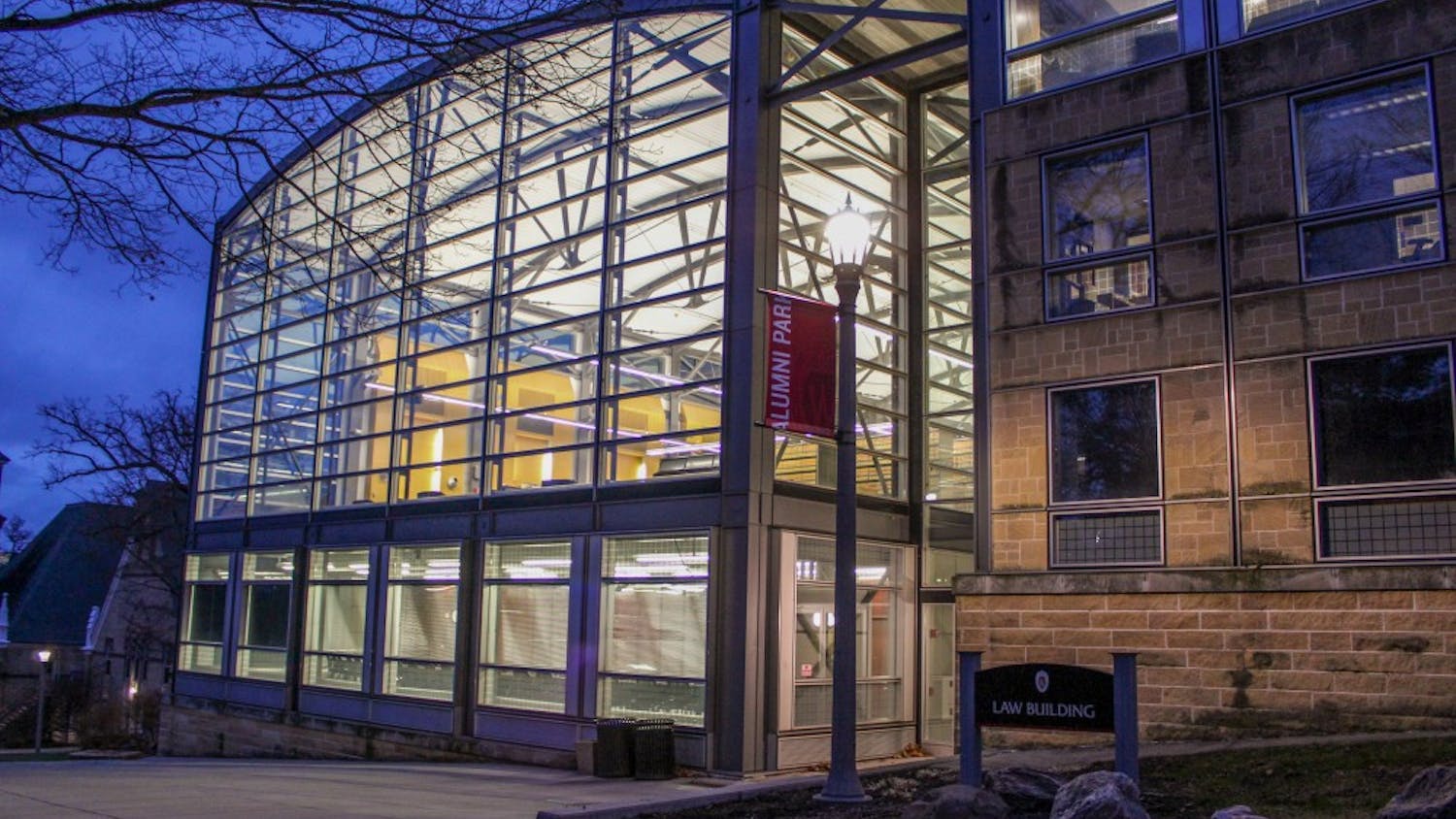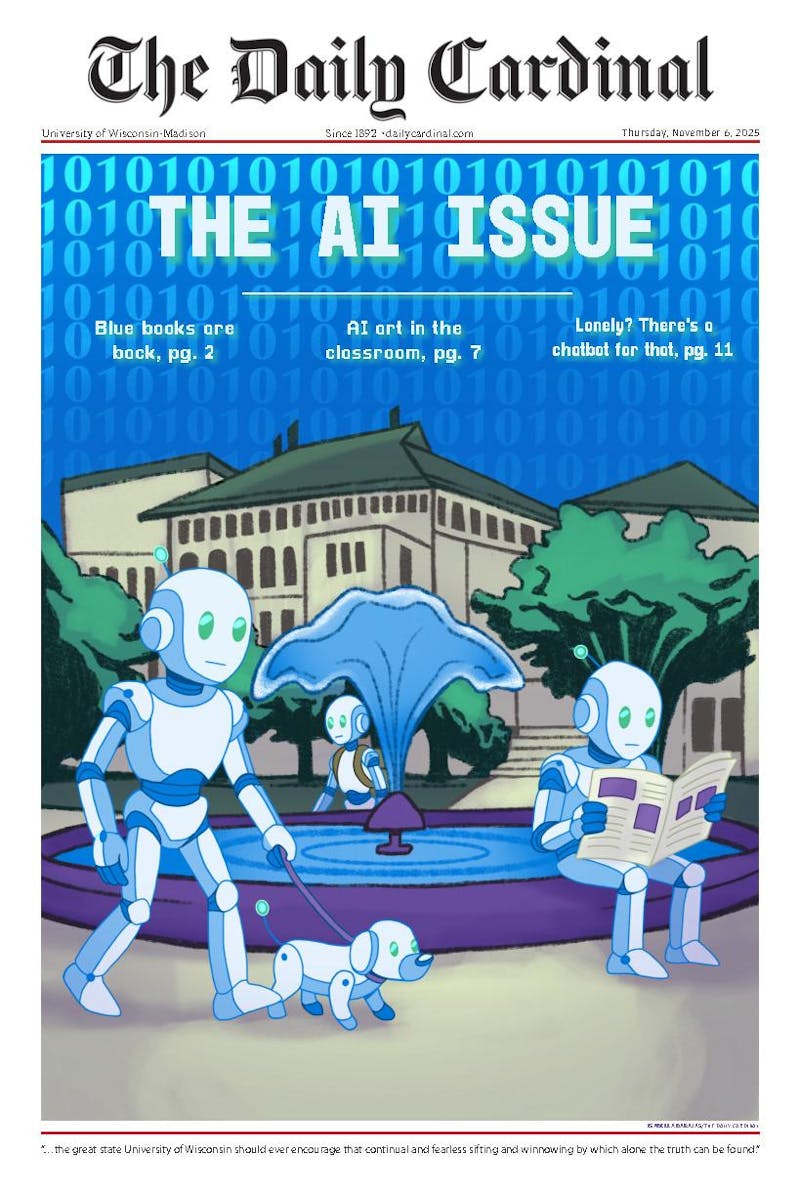The UW-Madison Student Global Aids Campaign chapter held a panel discussion on HIV global perspectives and social implications for students and faculty members Wednesday.
The four panelists of the event were Susan Gold of UW Hospital, Tim Lapp, board member of the AIDS Network, Nicholas Makau, project manager of the Nyumbani Village in Kenya and Marge Sutinen, director of Midwest AIDS Training and Education Center. Each speaker focused on their experiences and involvement with organizations fighting against HIV.
I became personally infected [with HIV], so I had my own perspective fighting against the virus '¦ I ended up retiring from chiropractic and devoted what energy I had for volunteering, advocacy work, getting out the word,"" Lapp said.
Gold, a nurse at UW Hospital, said she first volunteered at Nyumbani, and then worked in a project that focused on teaching HIV positive adolescence about reproductive health.
""The kids in Kenya are like all the kids around the world, they just want to know '¦ I was not to tell them what to do but to tell them the facts,"" Gold said. ""The children I talked to were HIV positive, and they had been born like that ... and the [interesting thing] is that the very act of being born can kill them.""
Lapp said one of the hardest experiences he endured was when he had to listen to a lecture about HIV at his work office. In the meeting, the question was asked what would happen if a fellow chiropractor was infected with HIV.
""The immediate general consensus was that they would take away the license of the chiropractor who was infected and all I could think was, 'Am I going to feel safe telling anybody [that I am infected]?'""
According to Makau, the biggest problem with AIDS is the misconception that HIV can spread only through sex.
""[There is] ignorance from nearly every person,"" he said. ""I am not saying they are not linked, but blaming AIDS with sex is not totally accurate.""
Caitlin Becker, a UW-Madison senior, said it is important for students to realize the importance of keeping the pandemic in mind and to try to help as much as possible.
""One person can make a difference,"" she said. ""I know that sounds very unrealistic, but I can name at least 15 people off the top of my head who have made a difference in a community.






